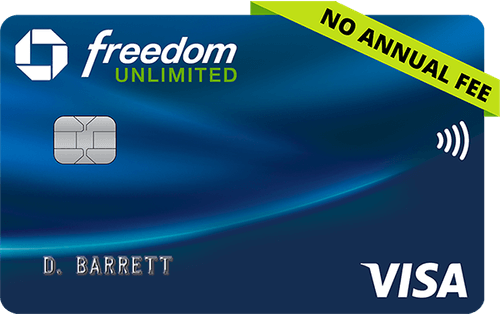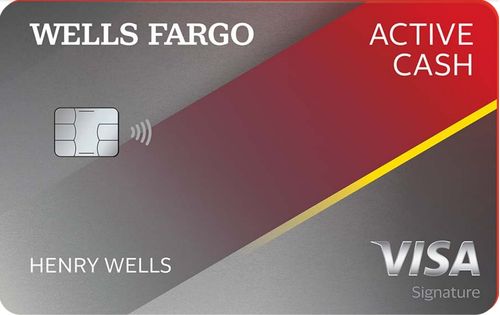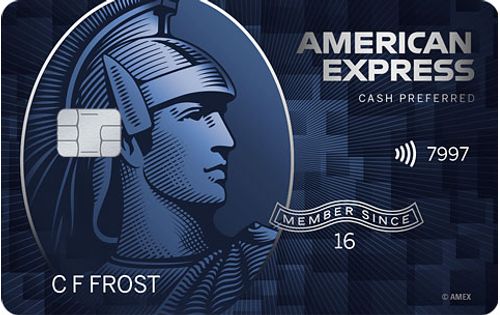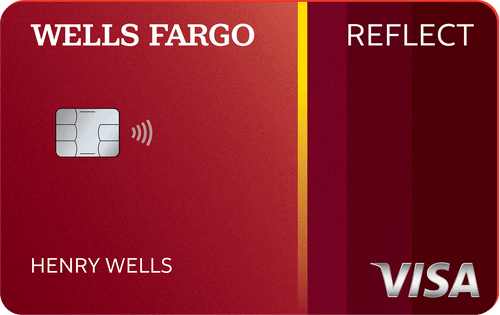WalletHub, Financial Company
@WalletHub
There are a few ways to make a car payment with a credit card, whether you have a loan or a lease. But paying directly with a credit card probably won’t be among them, as auto lenders generally will not accept credit cards. They may or may not even accept direct debit card payments. In order to make car payments with a credit card, drivers must instead jump through a hoop or two and do it indirectly.
4 Ways to Make a Car Payment with a Credit Card
- Mobile payment services:
One way to pay your car loan or lease with a credit card is to use a mobile payment app such as Venmo or PayPal as a middleman. These applications allow you to transfer money from user to user, and you can fund them with a credit card.
So, for example, you could use your credit card to pay a friend or family member through the app, and they can then make your car payment for you or give you the money to do it yourself. Just make sure you really trust the person, and be careful because payments may count as purchases or cash advances, depending on the service and the credit card issuer. But either way, there are fees involved. Venmo, for example, charges 3% of the transaction amount. - Money transfer services:
Companies like MoneyGram and Western Union allow you to directly pay a collection of participating billers, and you can fund the transaction with a credit card.
However, this may be treated as a cash advance, which would mean expensive fees and interest charges would apply, in addition to the fees charged by the service. You can learn more about how this works from our explanation of how to transfer money from a credit card to a bank account. - Balance transfers:
Several major issuers allow you to transfer an auto loan balance to a credit card: Bank of America, Barclays, Capital One, Citi, Discover, PenFed, USAA, U.S. Bank, and Wells Fargo. The average balance transfer credit card offers a 0% intro rate for the first 13 months and charges a 3.34% transfer fee. - Cash advances:
Some credit card companies may give customers convenience checks, which they can use to pay for things using their credit line when plastic isn’t accepted. But using such a check counts as a cash advance, which comes with an expensive fee and a high APR that kicks in right away. You can also do a credit card cash advance at an ATM using a PIN, if you’d rather get actual cash, but it will be just as expensive (if not more costly, due to ATM-owner fees).
The bottom line is that these options are far from ideal and should only be considered if you’re in a real bind, or if you do the math and somehow find an opportunity to save. That could be the case if you’re able to transfer part of an auto loan to a 0% balance transfer credit card, for example.

sara_stiles, Member
@sara_stiles
Depending on your lender, you may be able to make your monthly car payments by credit card. And there are advantages and disadvantages to doing so. One of the main disadvantages is that some banks and credit unions charge higher fees, to cover their processing costs. The main advantage to paying your car loan with a credit card is that you could get cash back or other rewards, depending on the card you have.
Doris Buchanan, Member
@doris_buchanan
You can, but only if you've got cash back, or some other good reward. Otherwise, there's just no point in it.
The point of it, is to reduce your principal so you'll pay less interests and more principal, and you will get a 0% intro APR on your credit card for lets say 12 months. Of course this is only if you're able to pay more than your minimum, because now, you will pay your regular auto loan plus a self given fee to pay off your credit card before the 0% period expires. In my case I'm planing to pay 3600$ to my principal each year, that is 300$/monthly added to my regular monthly loan.
People also ask
Did we answer your question?
Important Disclosures
Ad Disclosure: Certain offers that appear on this site originate from paying advertisers. For full transparency, here is a list of our current advertisers.
Advertisers compensate WalletHub when you click on a link, or your application is approved, or your account is opened. Advertising impacts how and where offers appear on this site (including, for example, the order in which they appear and their prevalence). At WalletHub we try to present a wide array of offers, but our offers do not represent all financial services companies or products.
Advertising enables WalletHub to provide you proprietary tools, services, and content at no charge. Advertising does not impact WalletHub's editorial content including our best picks, reviews, ratings and opinions. Those are completely independent and not provided, commissioned, or endorsed by any company, as our editors follow a strict editorial policy.



